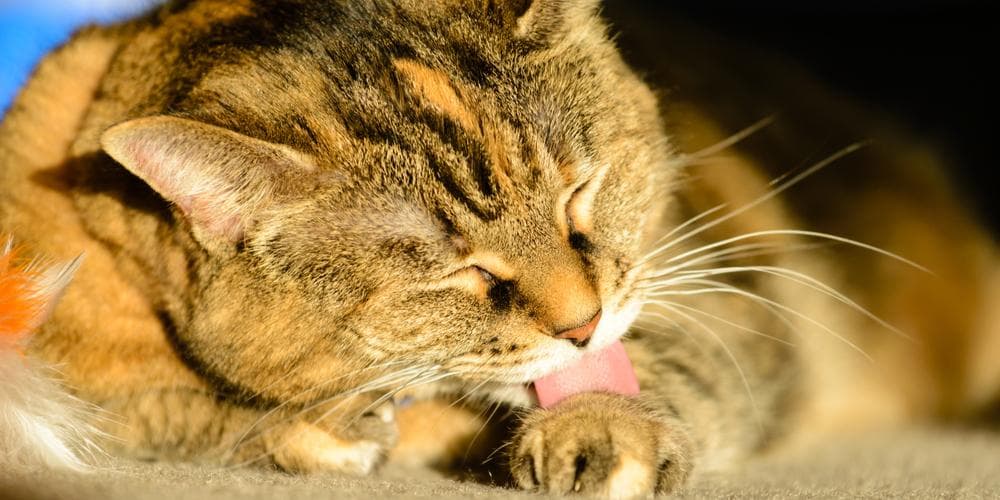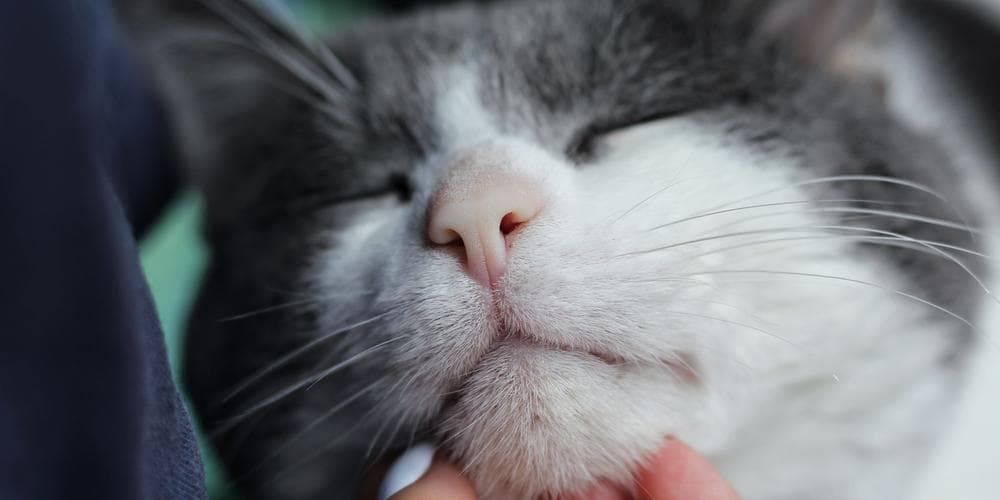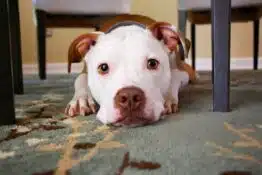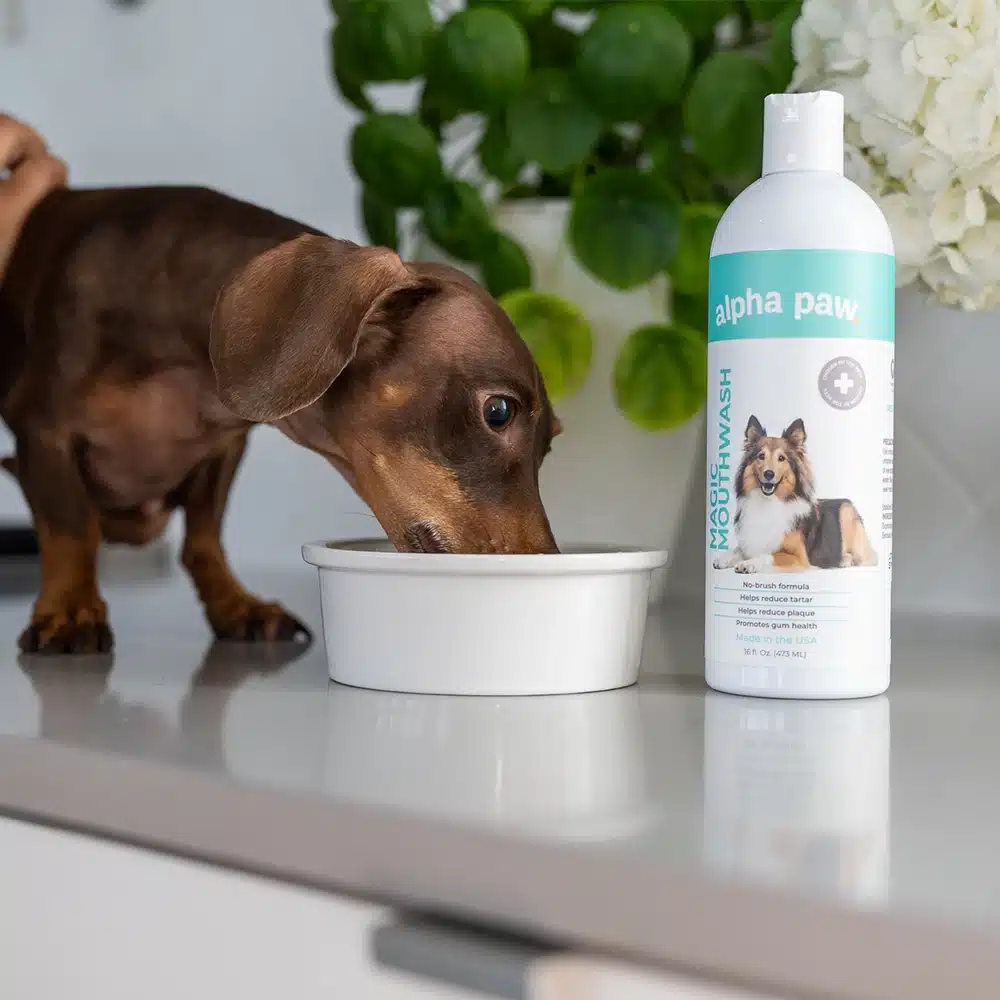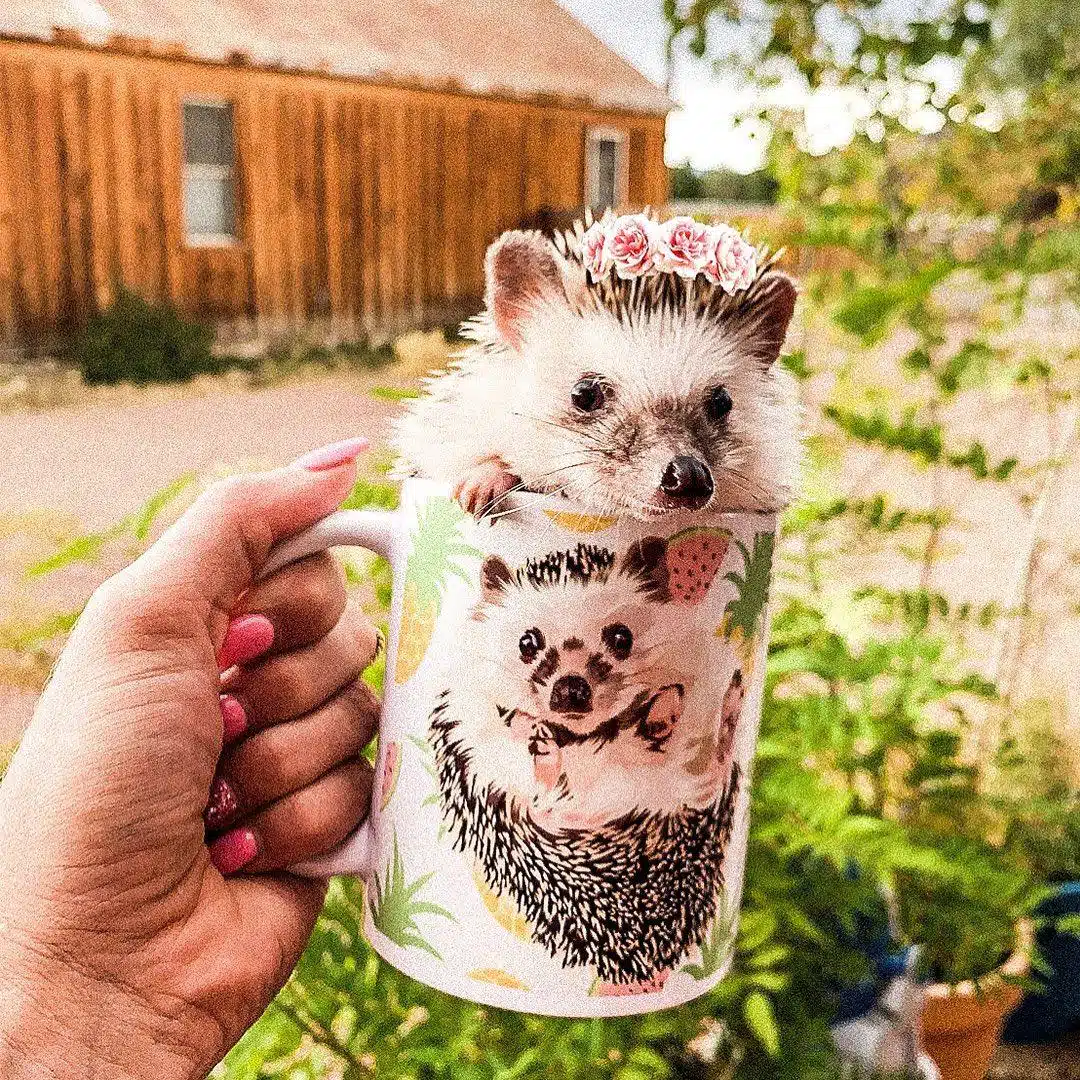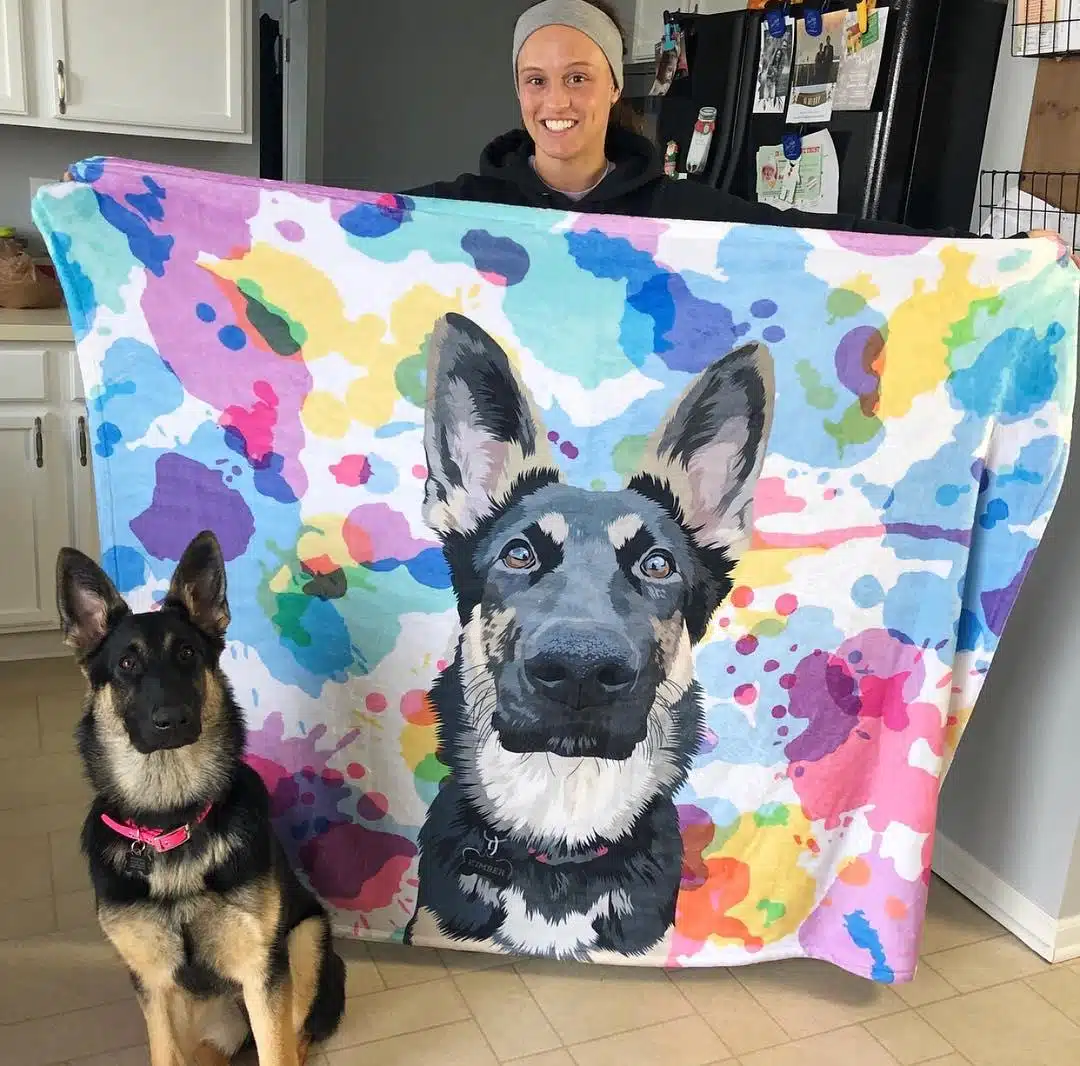No One Can Escape The Reality Of Aging.
Everyone ages including your beloved cat. Now that you have spent a good number of years with your feline friend, you might be getting worried about what will happen to him. Aging shouldn’t be feared, but it should be accepted, understood, and most importantly, managed effectively.
Thus, in this post, let us take a look at some of the things you should know about an aging cat.
How Old Is a Cat to be Considered Old?
Traditionally, most people would consider a cat as old when he reaches the age of seven. However, thanks to advanced knowledge in nutrition, feline drugs, and medical intervention, cats are now living beyond ten years old. In fact, the average lifespan of a cat is between 15 and 17 years.
How Do You Know If a Cat is Getting Older?
It’s nice if you know the birthdate of your cat. However, this is not always the case. For example, rescued cats don’t come with birth certificates to help you know when they are born.
Whether you know your cat’s birthdate or not, cats who are getting older displays some common signs of aging.
The number one sign is a drop in energy. Your cat is not as active as he used to before. He doesn’t jump and run as much as he wants to. He would prefer to lie down and sleep.
Another sign is the loss of appetite. Since your cat is moving less, calorie requirement also decreases. You also need to be alert to digestion issues. Senior cats may have a hard time moving their bowels. An empty litter box and visible straining may indicate constipation.
What Are Some Changes You Will See in an Aging Cat?
Time has its peculiar way of changing cats, from their behavior to their bodies. Aside from what I have already mentioned above, here are some of the other changes you can expect as your cat reaches his senior years:
- Thinning of coat
- Change in coat color (for example, a black cat may get gray hair)
- Loss of coat luster
- Decreased sense of hearing
- Loss of vision
- Decreased sense of smell
- Compromised immune system
- Development of musculoskeletal problems such as arthritis
- Difficulty in properly regulating body temperature
- Possible development of oral diseases such as gingivitis and loss of teeth
- Possible health problems such as diabetes, pancreatitis, cancer, renal disease, and thyroid disease.
Tips In Taking Care Of An Aging Cat
Obviously, taking care of an aging cat starts when he is still young. The younger years of your cat is the perfect time to lay a strong foundation of good health.
However, no matter how you take care of your cat, senior problems will inevitably show its ugly head and they are here to say.
And when they do, you need to be prepared for them. Here are some important tips to remember when taking care of your senior cat:
- Adjust food quality and quantity accordingly. If your cat suffers from obesity, certain medical conditions, and deficiencies, you need to change your cat’s diet.
- Maintain good oral hygiene.
- Observe proper joint care. You can use joint supplements to replenish synovial fluid and cartilage. You can also use heated or orthopedic beds to relax stiff joints.
- Keep an eye out if your cat gets constipated as it can lead to further issues
- When your cat loses his sense of hearing, seeing, or smell, you need to make certain adjustments to lower the risk of accidents and injury.
- Senior cats may not be able to effectively groom themselves. You might need to assist in grooming and pay special attention to parts of the body where they can’t reach.
- Be sure to keep your cat cool in the summer and warm in the cold weather.
Final Words
These are some of the things you can expect from your cat as he ages and what you can do about it. Regular checkups are important.
If you have questions and you want to know more about what to expect as your cat reaches his senior years and how to better take care of him, your vet is more than happy to discuss this with you.
Don’t hesitate to do your own research as well. The more knowledge and information you have, the better you can love and take care of your adorable four-legged furry friend.

